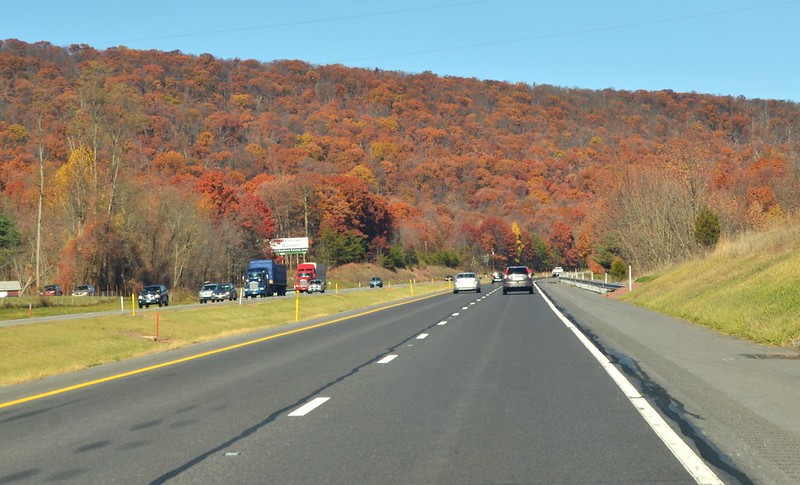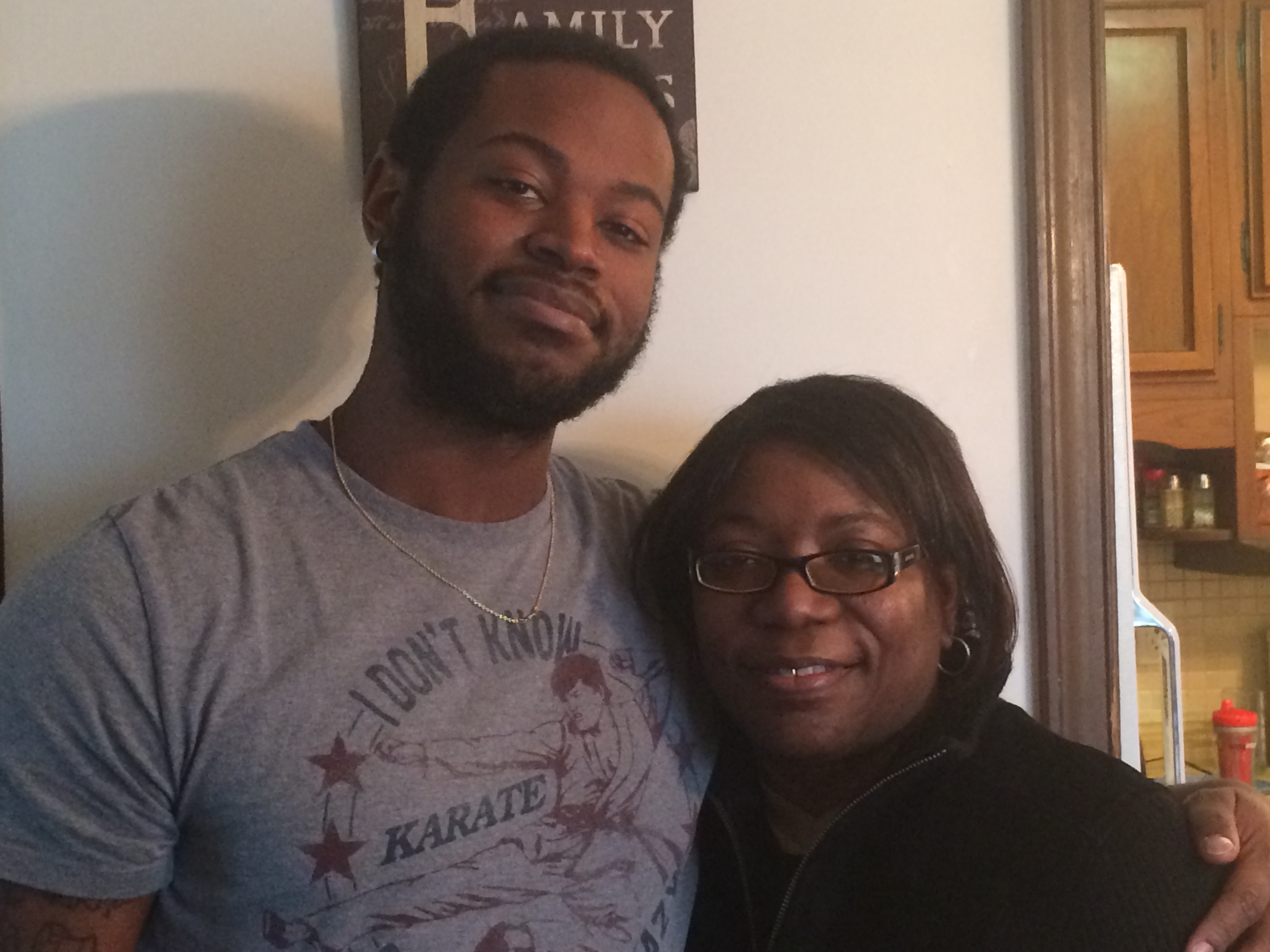Maryland nearly made the Top 10 of Best Roads in the country in rankings for a consumer website.
Maryland came in at 38, in reverse scoring chart where number 1 was worst and number 50 was best. Maryland scored better than any of its neighbors, while also outspending them per mile of road, according to ConsumerAffairs.com, a web-based consumer news and resource center.
Neighboring Virginia was ranked 37th, just behind Maryland, but only spent $62 per mile compared to $106 per mile in Maryland.
The consumer affairs website ranked the Northwest and Upper Great Plains states as best, with sparsely populated Wyoming and Kansas leading the way. South Carolina and Louisiana ranked worst with bumpiest rides, regular heavy congestion and hazardous road conditions like potholes and illegible street signs.
The website calculated the dollar amount each state spends per mile of road using data from the U.S. Department of Transportation, and also looked at motor crash fatalities on roads per mile, percentage of roads in poor, fair and good condition from the Federal Highway Administration, and the results of an email survey of 1,418 U.S. residents.
The organization normalized, rescaled and weighted each factor and gave more weight to public opinion than spending, hoping to give some weight to how that money was spent.
“Survey data is always biased, but politically distributed highway budgets are doubly so,” said ConsumerAffairs Vice President of Data and Analytics George Earl.
The survey shows Maryland outspent all its neighbors in road spending, with West Virginia (ranked 7th worst) coming in at only $32 per road mile. Delaware came in at fifth worst and spent $55 per mile.
Maryland was listed with only 11% poor roads, and 66% good roads. Neighbor Pennsylvania had 30% poor roads and 30% good roads, while Delaware and West Virginia had more poor roads than good with 19% poor vs 44% good and 31% poor vs 25%, respectively.
“Dodging potholes and poor patches wears me out,” said one Charleston resident when asked why they rated West Virginia roads as being bad.
One Georgetown, Del. resident said the state spends too much money on upgrades for “intersections with low traffic,” while “upgrades to intersections with existing high traffic are often inefficient and unsafe. They are outdated before they are even finished.”
In Delaware, the consumer website also mentioned climate change and rising sea levels as a challenge for state government. The Delaware Department of Transportation estimates it will cost $1.45 billion to keep the lowest-lying roads in Delaware drivable.
Residents from the best ranked states remarked on the roads’ smooth pavement, recent repairs and lack of debris. Many people commented on their governments’ quick seasonal weather cleanup, the website said.
–Meg Tully






Recent Comments